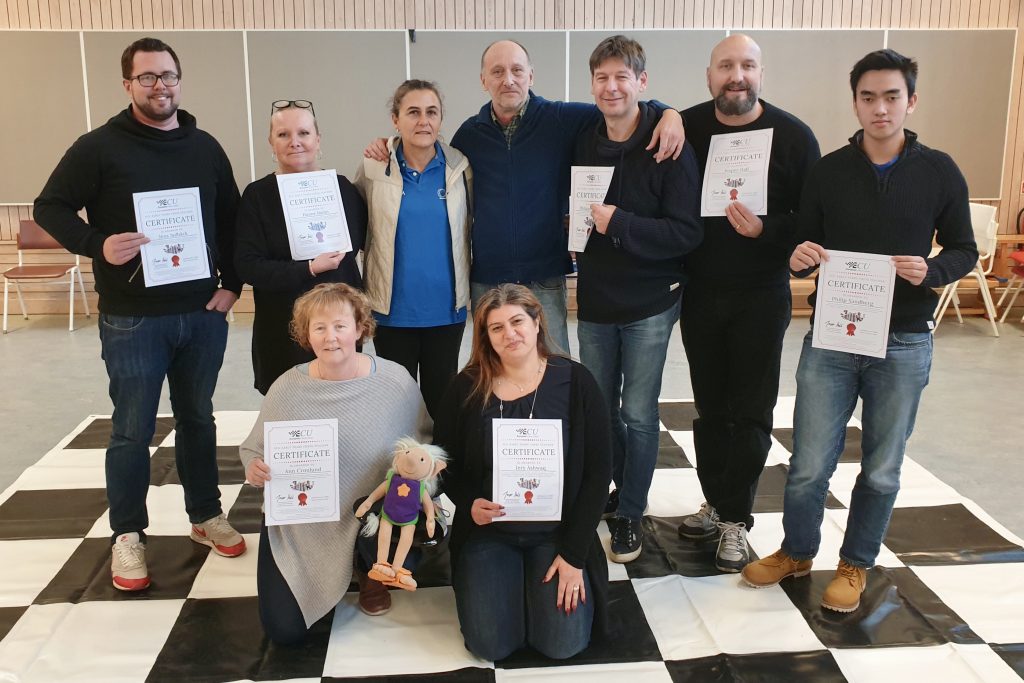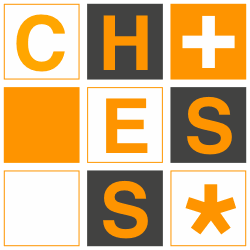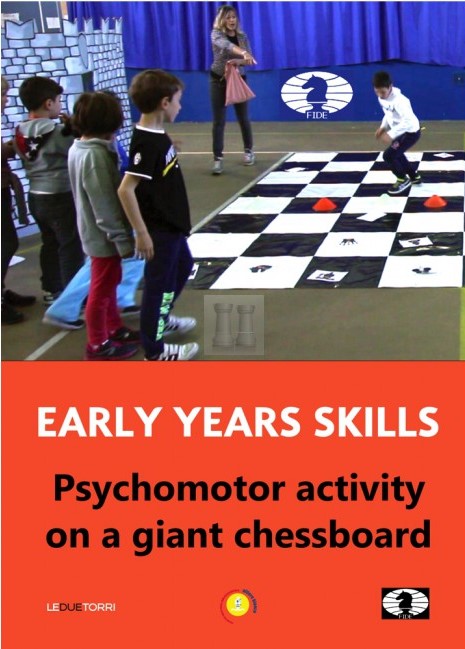Click here to see the upcoming Training Courses
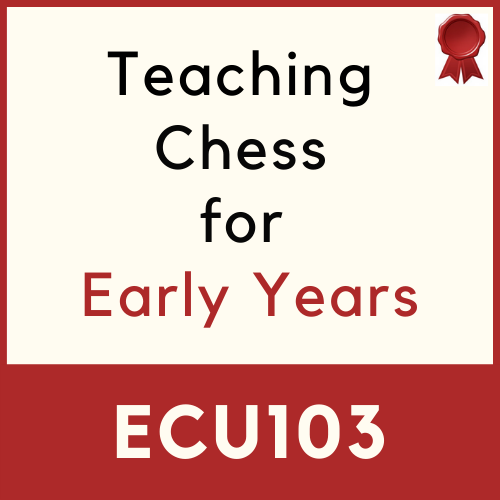
An effective approach for developing children’s cognitive and movement skills through chess on a giant board. The course is based on the concept of “Psychomotricity” from the Alfiere Bianco company (Italy) and refined during the award-winning Erasmus+ CASTLE Project. Children become central figures in gameplay, progressively developing their sensory-motor skills by requiring the use of active intelligence.
Carefully structured game activities heighten children’s self-esteem as well as providing a unique opportunity to build relationships with companions based on loyalty, responsibility, and partnership.
Kids learn through the fun of play to respect and control their bodies, as well as being given the chance to express themselves and establish interpersonal relationships through movement, increasing consciousness and perception of their own physical self.
How to teach children (5/7 years of age) valuable educational concepts through physical movement
- Gain command of lateral space and movement to improve time-space organisation.
- Learn and experiment with single directions – vertical (forward and backward); horizontal (right and left); diagonal – and directions in combination.
- Learn letters and numbers through psychomotor experience.
- Acquisition of an innate understanding of the chessboard’s alpha-numeric coordinates
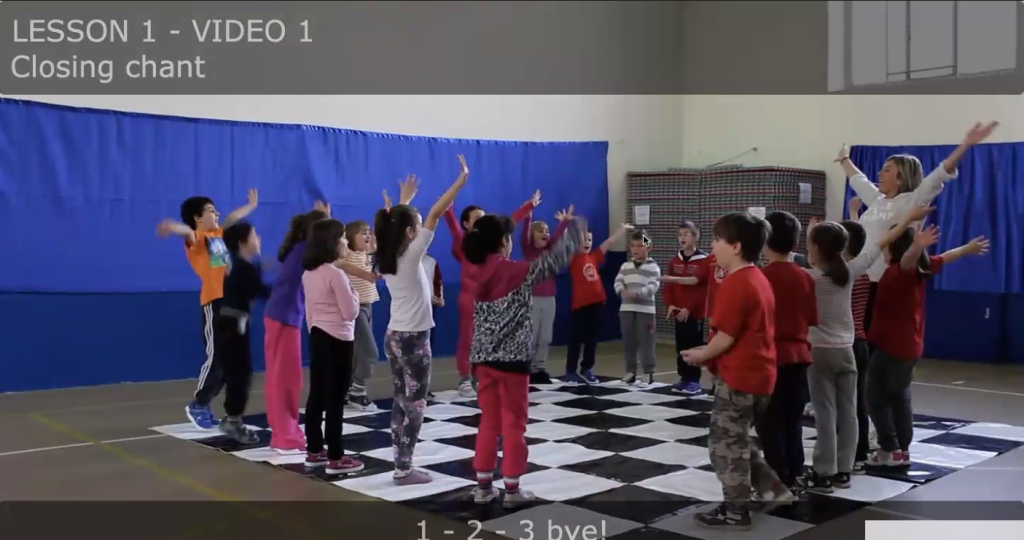
The giant chessboard (4m. x 4m.) that becomes a magical experience for kids – a bridge between reality and imagination
The children’s involvement and curiosity is stimulated by the use of an on going fairy tale, the content of which is connected to the lesson at hand.
The use of the fairy tale has several advantages and contributes to the success of the lessons: it activates the children’s imaginations and gives context to abstract concepts and makes them easier to understand.
Outline of course content
- Use of the EARLY YEARS SKILLS PROGRAMME manual – Ebook (in English).
- Support with 52 videos, with English subtitles, directly connected with all the activities described in the manual.
- Lesson 1: How it was born? Who is it for? Objectives 1 and 2 level. Use of the fairy tales and nursery rhymes – rules of activity – relational part and observations – how to read and use the manual.
- Lessons 2/3/4: Zoom lessons with manual and video, from 1 to 15.
- Homework: viewing of text and video parts, to get precise answers during subsequent lessons.
- Final online exam, with 20 multiple-choice questions (last day)
- ECU recognition for the participant in case a minimum of 75% correct answers in the exam.
Prior to the course, you have to have the course booklet
Click the link below to purchase
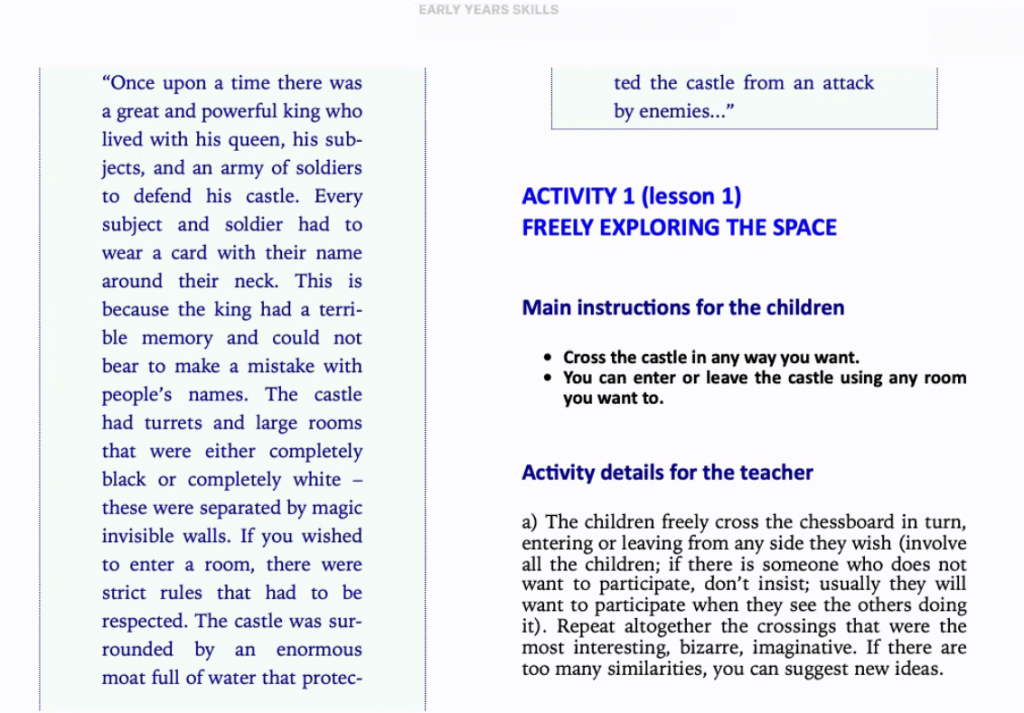
Course Instructors
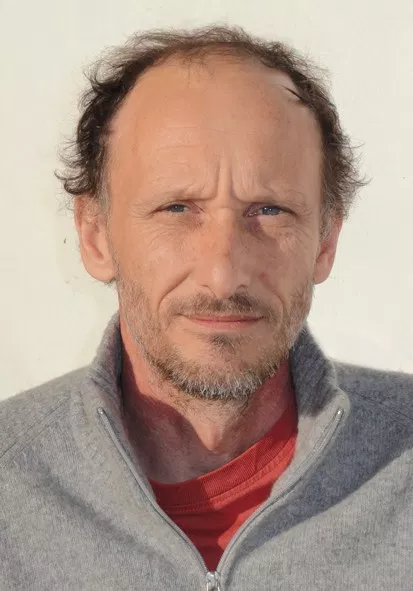
- Educator, professional chess instructor from 2000
- At least 5.000 hours realized in chess training in schools
- Member of the ECU Educational Commission
- Creator of Victor’s chess house – web chess platform for pupils
- Co-creator of Psychomotricity on giant chessboard curriculum
- President and founder of Alfiere Bianco – a nonprofit company
- General manager of CASTLE/Erasmus project, ideator of CGS/Erasmus project and SME project
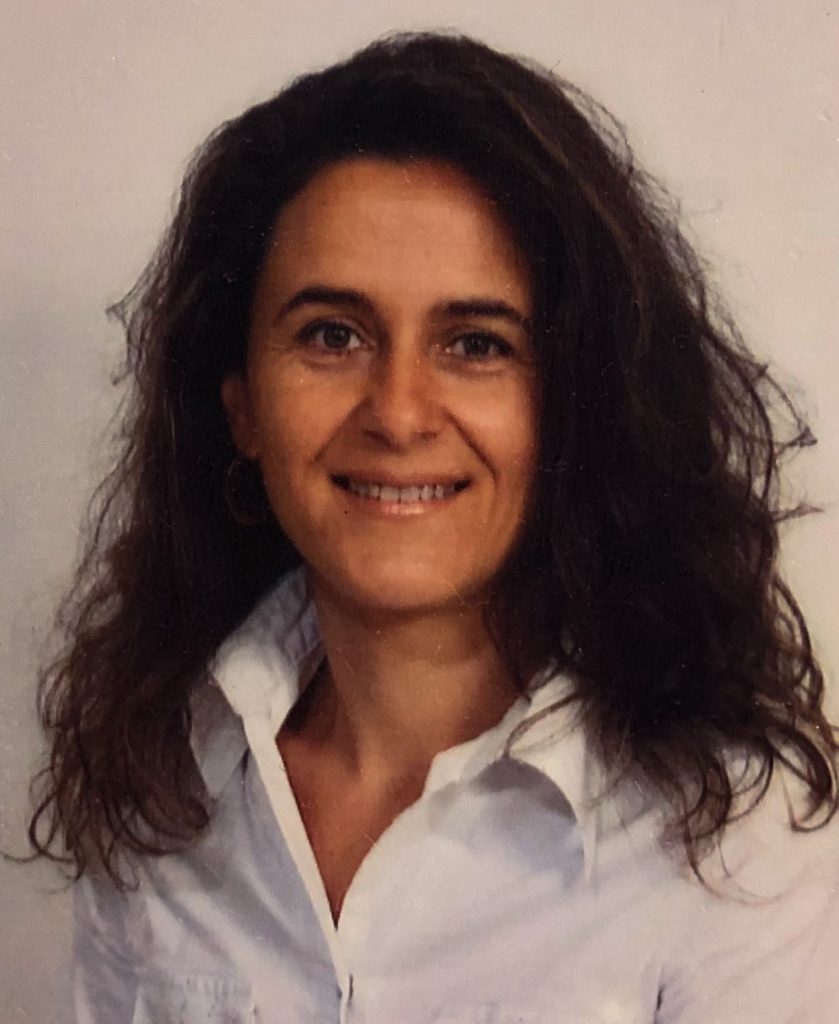
- Professional Counselor, Supervisor, and Trainer Counselor, Trainer in Psychosynthesis and Counseling, specializes in Contact, Movement Analysis, and Creative Movement.
- Trainer in Psycomotricity on Giant Chessboard for primary school and kindergarten and partner of Alfiere Bianco.
- Trainer and manager for the Psychomotor Sector for schools of all levels in Turin and province since 2000.
- From 2011 to 2019 she participated as a Counselor in the activity of Psycomotricity on Giant Chessboard for Alfiere Bianco in Turin, with the observation and tutoring on the psychomotor activity of about 150 elementary school pupils.
- Co-creator of Early years skills program on a giant chessboard takes care of observations on the relationship between children.
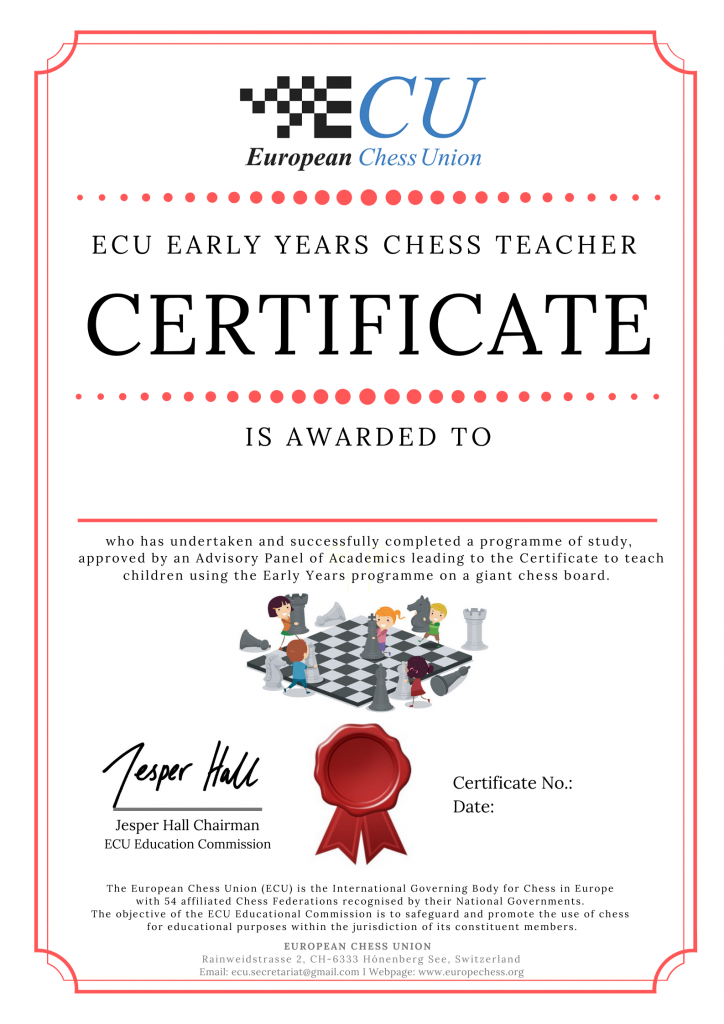
The course is suitable for teachers and tutors who want to make chess an exciting and educational experience for younger children. The course helps you to build up your teaching skills in chess so as to improve the general educational attainment of children. The course qualifies towards Continuing Professional Development and is recognised across Europe by virtue of being accredited by the European Chess Union.
